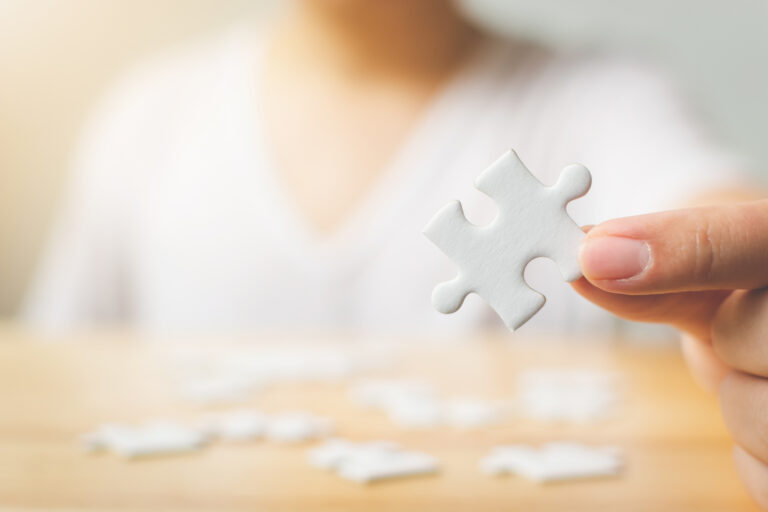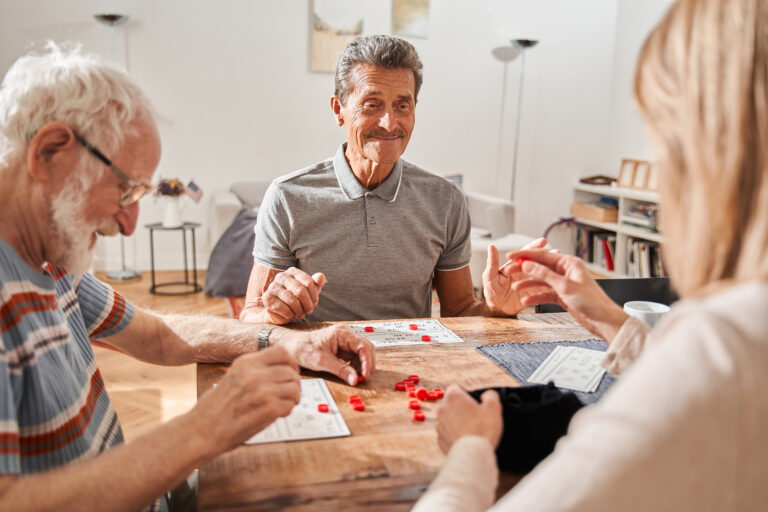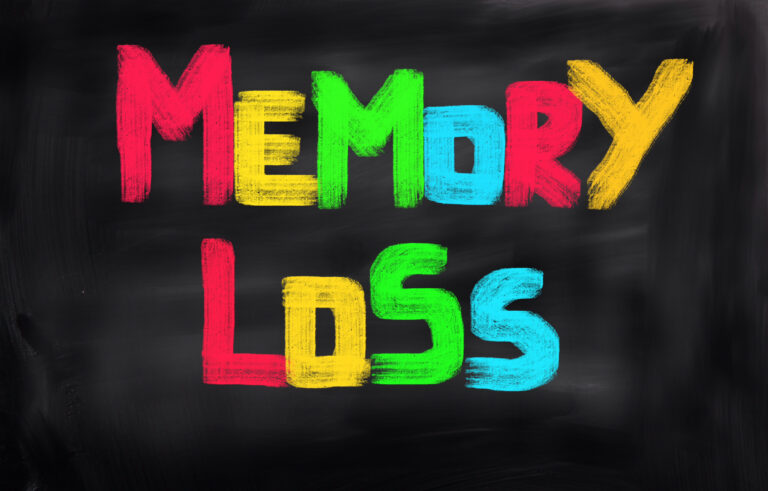Aging is something everyone experiences, but how we age can be very different from person to person. One of the most important keys to aging well is self-awareness — simply put, knowing yourself and paying attention to your body, mind, and emotions as you grow older.
When you are self-aware, you become more in tune with what your body needs. For example, if you notice that certain foods make you feel sluggish or that your energy dips at certain times of the day, you can adjust your habits accordingly. This kind of listening helps people make better choices about sleep, nutrition, and exercise — all crucial for staying healthy as we age. Bryan Johnson’s story shows this well; by carefully tracking his health and making intentional lifestyle changes like prioritizing sleep and clean eating, he has managed to keep his body functioning like someone much younger than his actual age.
Self-awareness also plays a big role in mental health during aging. As people get older, they might become less aware of how their behavior affects others around them. This can lead to frustration or loneliness if not addressed. Being mindful about how we interact with family and friends helps maintain strong relationships which are vital for emotional well-being.
Another benefit of self-awareness is having a positive attitude toward aging itself. Studies show that people who view getting older positively tend to live longer and enjoy life more fully. Instead of fearing wrinkles or physical changes, embracing these shifts with curiosity allows us to reinvent ourselves at every stage — just like many inspiring role models who continue pursuing passions well into their later years.
In short, self-awareness acts like an internal guidebook for navigating the challenges and opportunities that come with growing older. It encourages us not only to care for our bodies but also nurture our minds and spirits so we can enjoy a fuller life no matter our age.





